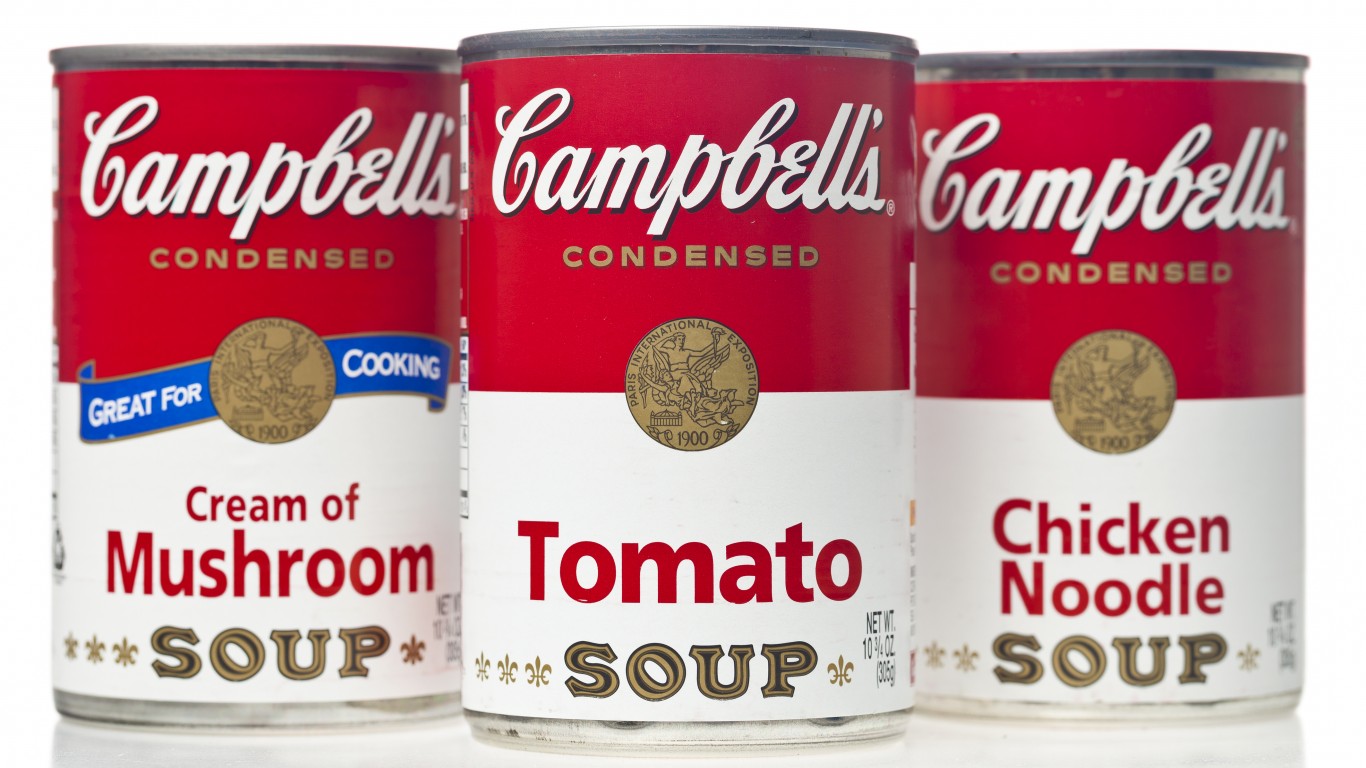
Before markets opened on Tuesday, Best Buy beat consensus earnings per share (EPS) and revenue estimates, and it issued in-line guidance for fiscal 2024. The stock was up 5.7% in mid-morning trading on Tuesday.
Big Lots also beat Wall Street’s estimates on both the top and bottom lines. Not much was expected (a loss per share of $4.12 and an 18.5% drop in revenue), but Big Lots beat the loss per share estimate by $0.87 and the revenue estimate by enough to hold the year-over-year decline to 15.4%. Shares soared around 26%.
Nio reported results that failed to reach either the loss-per-share or revenue estimate. Sales fell by nearly 15% year over year. Even upside guidance could not overcome the disappointing outcome in a quarter when most analysts and investors were expecting bad news–just somewhat less of it. Shares traded down 5.9%.
Hewlett Packard Enterprise and HP are reporting quarterly results after markets close Tuesday. There are no notable earnings reports due out early Wednesday. Look for Chewy, CrowdStrike, Pure Storage and Salesforce will post their earnings later in the day.
Here is a look at what analysts expect when these three companies release quarterly results first thing Thursday morning.
Campbell Soup
Over the past 12 months, shares of Campbell Soup Co. (NYSE: CPB) have declined by more than 16%, including a drop exceeding 25% in 2023. Shares retreated more than 8% following the announcement earlier this month that the venerable consumer staples firm had agreed to acquire Sovos Brands, the owner of a number of food brands, including Rao’s pasta sauce and yogurt brand noosa. Maybe investors were not too crazy about Campbell’s plan to finance the acquisition with new debt. The company’s steady dividend yield just cannot satisfy everyone.
Analysts are less than bullish on the shares. Of 18 brokerages covering the stock, nine have a Hold rating, while five have it rated at Strong Sell. At a recent price of around $42.50 a share, the stock’s implied gain based on a median price target of $48.00 is 12.9%. At the high price target of $61.00, the upside potential is about 43.5%.
For the company’s fourth quarter of fiscal 2023, the consensus revenue estimate is $2.06 billion, which would be down about 7.7% sequentially but up 3.5% year over year. Adjusted EPS are forecast at $0.50, down 26.1% sequentially and by 10.7% year over year. For the fiscal year that ended in July, estimates call for EPS of $3.00, up 5.3%, on sales of $9.35 billion, up by about 9.3%.
Campbell Soup stock trades at 14.1 times expected 2023 EPS, 13.7 times estimated 2024 earnings of $3.10 and 13.1 times estimated 2025 earnings of $3.24 per share. Its 52-week trading range is $41.56 to $57.77. The company pays an annual dividend of $1.48 (yield of 3.52%). Total shareholder return for the past year was negative 13.79%.
KE Holdings
KE Holdings Inc. (NYSE: BEKE) is a Beijing-based online real estate brokerage. The share price is down by about 11.5% over the past 12 months, including an increase of 15.7% so far this year. Chinese real estate giant Evergrande is bleeding value after trading in the stock resumed after an 18-month suspension. Shares have lost 99% of their value in the past three years. That may have something to do with KE’s jump of more than 11% in early trading on Tuesday, but a just-announced cut in mortgage rates is probably the big reason.
Of 22 analysts covering the stock, 21 have a Buy or Strong Buy rating and the other has a Hold rating. At a share price of around $16.60, the stock’s implied upside based on a median price target of $24.15 is about 45.5%. At the high price target of $31.16, the upside potential is 87.7%.
Analysts expect KE Holdings to report second-quarter 2023 revenue of $2.65 billion, down 10.3% sequentially but up 28.6% year over year. EPS are pegged to come in at $0.18, down 58.0% sequentially and up from a loss of $0.08 per share in the year-ago quarter. For the full 2023 fiscal year, EPS are forecast at $0.82, up 136.8%, on sales of $10.64 billion, up 20.9% year over year.
The stock trades at 20.2 times expected 2023 EPS, 16.5 times estimated 2024 earnings of $1.00 and 15.2 times estimated 2025 earnings of $1.09 per share. The 52-week trading range is $9.09 to $21.08, and the company does not pay a dividend. Total shareholder return over the past year was negative 9.15%.
Polestar Automotive
Electric vehicle (EV) maker Polestar Automotive Holding UK PLC (NASDAQ: PSNY) came public in June of last year in a SPAC merger that pushed the stock to a gain of nearly 16% on the day shares began trading. It has been mostly downhill ever since.
The company got its start as a joint venture between Volvo and China’s Geely in 2017. Volvo retained a 48% stake in the new company. The Sweden-based firm just produced its 150,00th EV and has delivered nearly 28,000 in the first half of this year. All of that is sort of good news, but shares have dropped almost 54% over the past 12 months, including a 27% dip since the beginning of the year. Since the IPO, the stock is down 70%.
Just five analysts have ratings on Polestar’s stock. Three rate it at Hold and two rate it at Buy. At a share price of around $4.00, the upside potential based on a median price target of $5.00 is around 25%. At the high target of $9.00, the upside potential is 125%.
For the second quarter of fiscal 2023, the consensus estimates call for revenue of $756.15 million, up 38.5% sequentially. The company is expected to post an adjusted loss per share of $0.13, worse than the $0.11 loss in the prior quarter. For the full year, the company is expected to report a per-share loss of $0.57, worse than the $ 0.51 loss in 2022, on sales of $3.31 billion, up 26.3%.
Analysts do not expect it to produce a profit in 2023, 2024 or 2025. The enterprise value to sales multiple is expected to be 2.9 in 2023. Based on average estimated sales of $5.39 billion and $9.59 billion for 2024 and 2025, respectively, the multiple is 1.7 for 2024 and 1.0 for 2025. The 52-week trading range is $3.14 to $8.30. The company does not pay a dividend, and the total shareholder return for the past year is negative 53.40%.
Is Your Money Earning the Best Possible Rate? (Sponsor)
Let’s face it: If your money is just sitting in a checking account, you’re losing value every single day. With most checking accounts offering little to no interest, the cash you worked so hard to save is gradually being eroded by inflation.
However, by moving that money into a high-yield savings account, you can put your cash to work, growing steadily with little to no effort on your part. In just a few clicks, you can set up a high-yield savings account and start earning interest immediately.
There are plenty of reputable banks and online platforms that offer competitive rates, and many of them come with zero fees and no minimum balance requirements. Click here to see if you’re earning the best possible rate on your money!
Thank you for reading! Have some feedback for us?
Contact the 24/7 Wall St. editorial team.
 24/7 Wall St.
24/7 Wall St.


